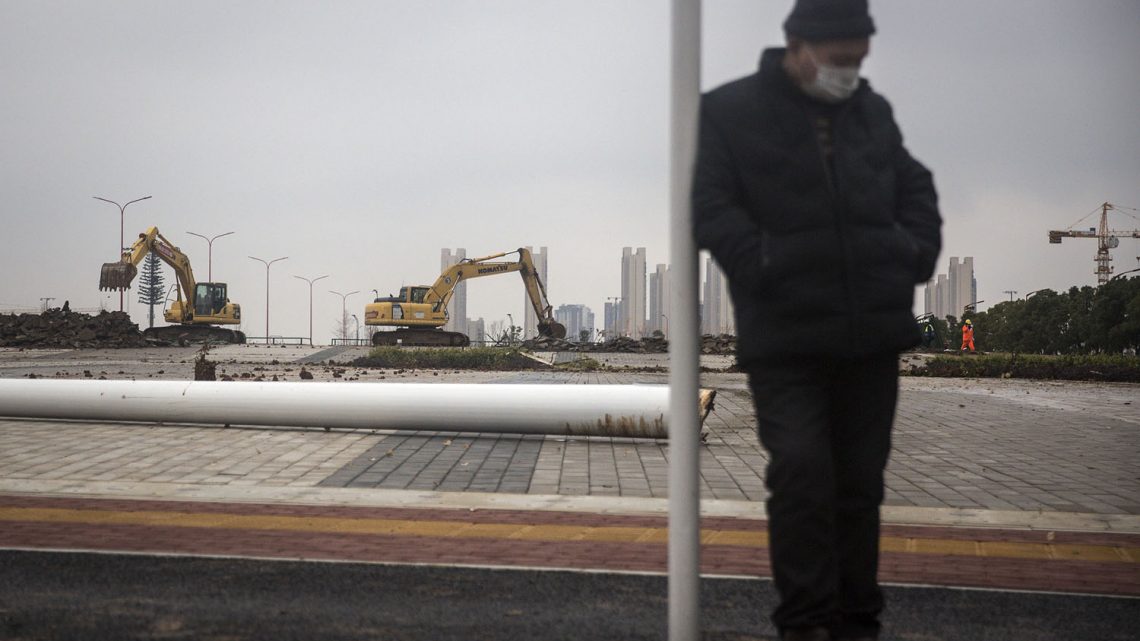
Canadian start-up Bluedot can assess outbreaks of epidemics in the shortest possible time
3. Februar 2020Canadian start-up Bluedot can assess outbreaks of epidemics in the shortest possible time
Ottawa, 2.2.2020
With the kind of virus outbreak that China and other nations are now facing, it is crucial that the warning is given as early as possible and because then the danger of infection can still be contained.
One problem, however, is that governments are sometimes reticent in such cases. This was the case in 2002 and 2003, for example, when the Chinese authorities were accused of covering up the SARS epidemic, which eventually claimed over 740 lives worldwide.
With the current outbreak of a corona virus originating in Wuhan, which has already claimed many lives, the Chinese Government is more transparent. The German Health Minister made this statement yesterday to Bloomberg on the sidelines of the World Economic Forum in Davos.
But even if Beijing had been less accommodating, the world today has better information tools than 17 years ago. One of them is provided by Bluedot, a Toronto-based start-up company whose AI-driven health monitoring platform analyses billions of data points. Launched in 2014, the company warned its customers on December 31 about the outbreak of the disease, well ahead of the reports from the World Health Organization and the US Centers for Disease Control and Prevention.
The company said it was „using large-scale data analysis to track and anticipate the spread of the world’s most dangerous infectious diseases. In August last year, it announced a round of investments that increased its total funding to about $10 million.
Bluedot uses natural language processing and machine learning techniques to sift through global news reports, airport data and reports of animal disease outbreaks. Epidemiologists look at the automated results, and if all is well, the company sends all-clear signals to its public and private sector clients.
BlueDot tries to track and forward the information faster than the disease can spread. It correctly predicted where outside mainland China the Wuhan virus would land – Bangkok, Seoul, Taipei, Tokyo – after its first appearance.
Company founder Kamran Khan told the Canadian press: „On the one hand, the world is changing rapidly, with diseases appearing and spreading faster. On the other hand, we happen to have growing access to data that we can use… to gain knowledge and spread it faster than the diseases themselves spread.


